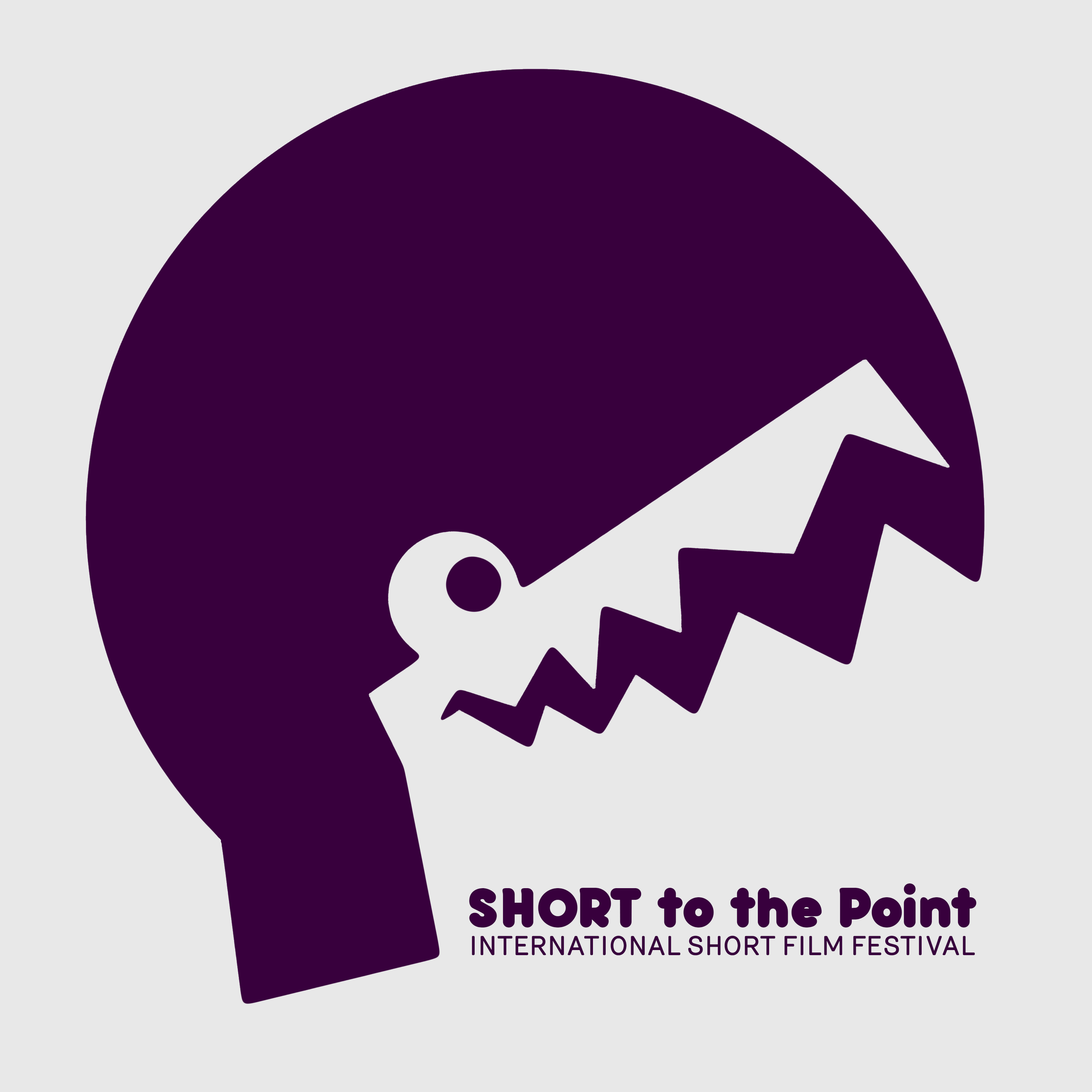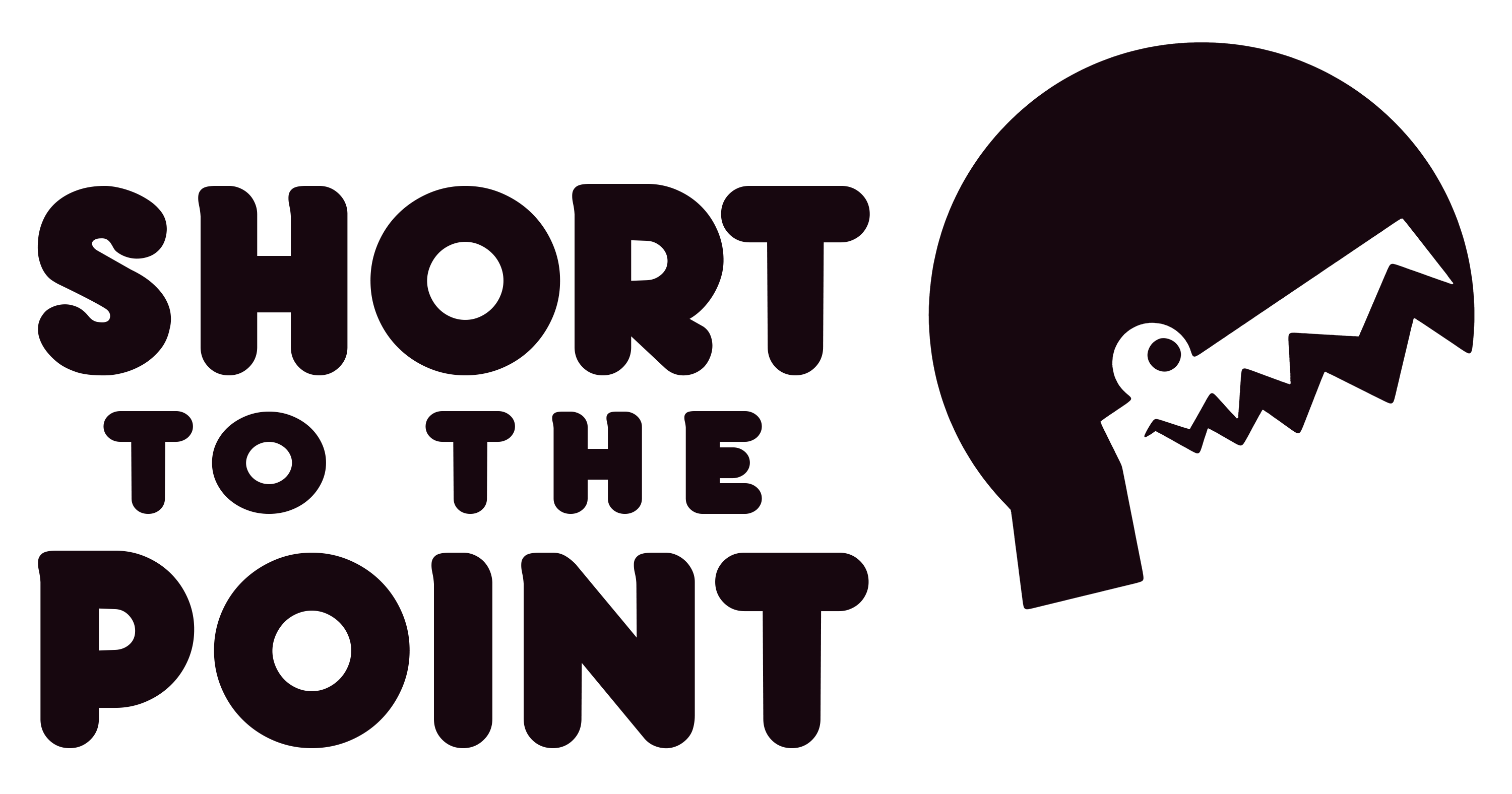- Was there a particular event or time that you recognized that filmmaking is your way of telling stories?
Imagine you wake up alone in the middle of the night, alone in your bed, and see a shadowy figure scrutinizing you from the corner of the room. You are paralysed with fear, you feel like screaming but you can only utter a weak moan. You keep trying again and again until, finally, you wake up. You open your eyes and – the Thing is still there… It’s called ‘false awakening’. One day, after I had such a dream, I decided to make up a story with a plot and denouement based on my nightmare. That’s how this script has emerged.
- Do you think it is essential to go to a film institute in order to become a successful filmmaker?
Learning is a lifelong process even if you are a genius. Hard work with a pinch of talent can open many doors, even the doors of famous Hollywood film studios. Live and learn! That’s my motto.
- Is it harder to get started or to keep going? What was the particular thing that you had to conquer to do either?
Both are hard. But if the author is burning with an idea, nothing is impossible. It was not difficult for me to start. I did not delay the start until a later date. Once I decided to make a film, I started working on it right away.
- What was the most important lesson you had to learn that has had a positive effect on your film? How did that lesson happen?
The most important lesson for me was to be open to and to trust my team’s opinions. There is always some important idea dropped casually by someone of your team, for example, in a smoke-room during a break. But it can only have a positive effect if you can hear it and use it in your film. You should also be able to filter information, to separate the wheat from the chaff.
- What were the production realities from casting through editing that you had to accommodate? How did you navigate those compromises or surprises and still end up with a cohesive film?
A very important factor is the professionalism and honesty of your team members. If you work with responsible people, you are bound to succeed. The team is the key to success and quality. If you have a great team, then shooting a film is a ‘mere technicality’.
- What was the hardest artistic choice you made in the making of a film, at any stage in production?
When I finished writing the script I thought it would be a final version. However, during the shooting, when we were staging scenes from the script adapting them for a screen version, our art director suggested some ideas that seemed very sound although in a way they altered the artistic concept, the idea of the film. So, it was at the shooting location that we arrived at an unexpected conclusion that our film is, in a way, a screen version of the painting ‘The Son of Man’ by René Magritte. Thus, the artistic concept was finalised at the shooting location. Later on, at the editing (splicing) stage, we corrected the film title leaving a reference to the French painter’s work.
- You are a collaborator. How have you discovered members of your team and how do you keep the relationship with them strong?
This is my debut film, which I made with my own money, so it is a low-budget film. We did not announce a regular recruitment of film crew members but fished for them through social networks. I was lucky to put together a professional team. We were a single whole on the film set. Now the guys are scattered among other projects, although I do stay in touch with almost every one of them.
- What do audiences want? And is it the filmmaker’s role to worry about that?
When the filmmaker is a debutant, there is no need to worry about what the audience wants. You must give them 100% of your own vision. After you get some feedback from your audience, you may, of course, make certain adjustments to your future productions.
- What role have film festivals played in your life so far? Why are they necessary? How do you get the most out of them?
The laurels of film festivals are a sign of quality. Reputable festivals help forge links with producers and make the authors of a film more noticeable on the film market. So they are an important part of the film industry but one must use them wisely.
- Do you believe that a filmmaker should be original and fresh or he/she should stick to classic but safe cinema style?
A filmmaker must be himself (or herself). To quote Shakespeare: ‘To thine own self be true’. I guess it says it all.
- What qualities or attributes do you look for in people you are looking to employ or work with?
Honesty, integrity, professionalism (in order of priority).
- Would you recommend writers think like a producer when writing their script? Or, just write with reckless abandon and then worry about the cost, or whatever, after they’ve grabbed a producer’s attention.
A writer who is striving to succeed should, of course, go all the way of filmmaking from scriptwriting to post-production as a film crew member in order to understand how the script turns a film. There may be good scripts with interesting stories but not cinematic, so they will never be turned into a film because the scenes or objects described by the writer are considered by filmmakers to be visually weak. After all, a film is a picture. No producer will tell you that straightforwardly but you must know it yourself, for example, when you study in a film school or take part in a film production. I think the time of ‘mere writers’ has passed, now is the time for show-runners.
- How involved in the writing of a project do you get? Are you more involved in the initial development?
I am deeply involved. I am striving to become a show-runner, to get a comprehensive idea of all the stages of a film production process. Just like the scriptwriter should master the director’s job in a first approximation, the director must get into the nuts and bolts of the scriptwriter’s profession.
- If you had an unlimited budget at your disposal, what would be your dream production project?
I am not one of those who believe that a big budget opens great opportunities for the implementation of most fantastic ideas. Any idea must be practical. There is no need to create an army of aliens if just one of them will suffice to implement the idea. The budget should be managed wisely: for example, you should spend more time on finding a location, choose a more expensive location, engage a good technical adviser, etc. My dream production project would be a project where I could have freedom of expression, without hard pressure on the part of the producer. Budgeting is less important.
- What does the future of film look like?
I’ve not quite sorted through my nightmares yet. It will be a full-length horror film.










